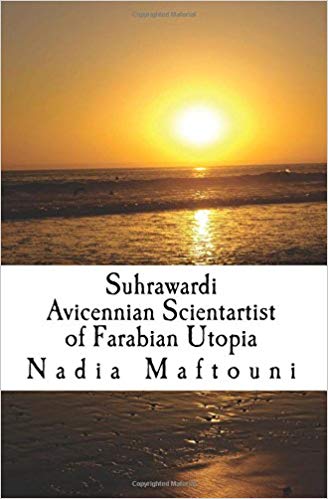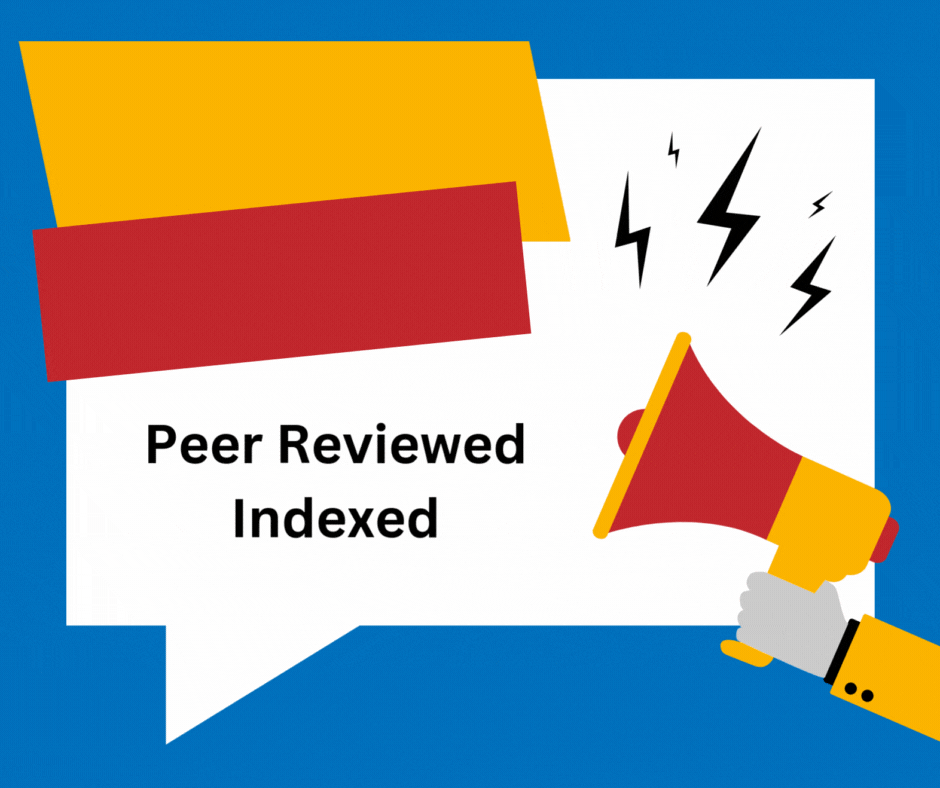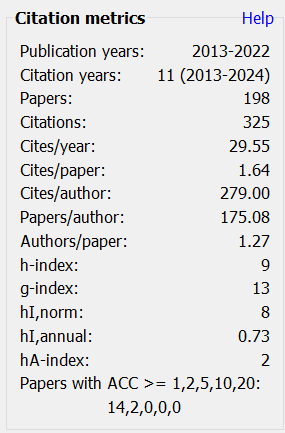What's Art Got to Do with Happiness in Farabian Utopia
DOI:
https://doi.org/10.5958/2347-6869.2018.00009.2Keywords:
Farabi, Imagination, Art, Happiness, Public, UtopiaAbstract
Farabi has put the artists on the second level of his utopia seeing them as ‘the carrier of the task of religion’. The first level, of course, belongs to God’s prophet and his successors. This might seem, at first, as some sort of religious mumbo-jumbo but with some speculation on the age Farabi was living in, one could see that it is a rarity for artists to be such noteworthy entities in a philosopher’s utopia. This philosopher, of course, is deeply influenced by Greek philosophy, as it was the case for Islamic philosophy before Abu-Hamid Al-Ghazali shattered it into pieces. The level of importance that Farabi imagines for the artists is hardly traceable in Greek philosophy or any other philosophy before him. This importance, however, comes at a price. The artist has a task like that of the prophets. In the prophet’s case, the angel of revelation bestows the rational concepts to his rational faculty and then to his imaginative faculty. The majority of people are not able to obtain rational happiness through reasoning because they are not used to implement their rational faculty. So the prophet, who is well aware of the truth, conveys the truth to peoples’ imagination through allegories and examples. The artist too, in Farabi’s eyes, is a person who can transfer rational happiness to the minds of the masses through sensible and imaginative forms.
DOI: 10.5958/2347-6869.2018.00009.2
Downloads
Metrics
References
Al-F?r?b?, A. N. M. (1984). Risalah fi al-Aql, ed. M. Bouyges, Beirut: Imprimerie Catholique.
Al-F?r?b?, A. N. M. (1986) Al-Huruf, trans. Mohsen Mahdi, Beirut: Dar al-Mashriq.
Al-F?r?b?, A. N. M. (1991). Al-Millah wa Nusus Ukhra, ed, M. Mahdi, Beirut: Dar al-Mashriq.
Al-F?r?b?, A. N. M. (1997). Al-Siyasah al-Madaniyah, ed. H. Malekshahi, Tehran: Sorush.
Al-F?r?b?, A. N. M. (1998). Kitab al-Musiqi al-Kabir, trans. Azartash Azarnush, Tehran: Pajuheshgah ‘Ulum Insani va Mutale’at Farhangi.
Al-F?r?b?, A. N. M. (2002). Ihsa’al-Ulum, trans. H. Khadivjam, Tehran: Elmi Farhangi.
Al-F?r?b?, A. N. M. (2003). Ara’ Ahl al-Madinah al-Fazilah wa Muzddatiha, ed. Ali Bumelham, Beirut: Dar wa Maktaba al-Hilal.
Al-F?r?b?, A. N. M. (2004). Fusul Muntaza?ah, ed. H. Malikshahi, Tehran: Sorush
Al-F?r?b?, A. N. M. (2005). Tahsil al-Sa’adah wa al-Tanbih ala Sabil al-Sa’adah, trans. A. Jaberi Moqaddam, Qom: Dar al-Hoda.
Black, D. L. (1996). Al-Farabi, History of Islamic Philosophy, ed. S. H. Nasr and O. Leaman. London and New York: Routledge.
Maftouni, N. (2014). Farabi and Philosophy of Art, Tehran: Soroush.

Downloads
Published
How to Cite
Issue
Section
License
Copyright (c) 2018 Maftouni Nadia, Mahmoud Nuri

This work is licensed under a Creative Commons Attribution-NonCommercial 4.0 International License.
Revised Copyright/CC license that applies to all the articles published after 05-02-2017
Attribution-NonCommercial 4.0 International (CC BY-NC 4.0)

Copyright/CC license that applies to all the articles published before 05-02-2017
Attribution-Non Commercial-No Derivatives 4.0 International (CC BY-NC-ND 4.0)

Author(s) will retain all the right except commercial and re-publishing rights. In the case of re-publishing, they will have to obtain written permission from the journal. Additional licensing agreements (Creative Commons licenses) grants rights to readers to copy, distribute, display and perform the work as long as you give the original author(s) credit, they can not use the works for commercial purposes and are not allowed to alter, transform, or build upon the work. For any reuse or distribution, readers and users must make clear to others the license terms of this work. Any of these conditions can be waived if you get permission from the copyright holders. Nothing in this license impairs or restricts the authors’ rights. To view a copy of this license, visit http://creativecommons.org/licenses/by-nc-nd/4.0/ or send a letter to Creative Commons, 171 Second Street, Suite 300, San Francisco, California, 94105, USA.
Research Papers published in SOCRATES are licensed under an Attribution-NonCommercial-NoDerivatives 4.0 International (CC BY-NC-ND 4.0)
















